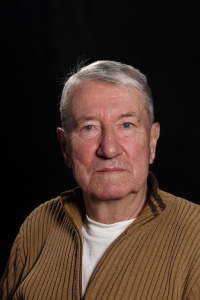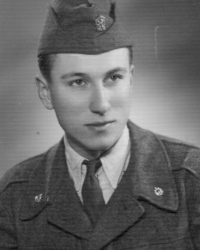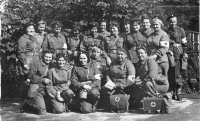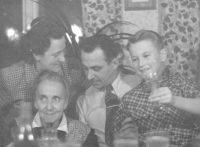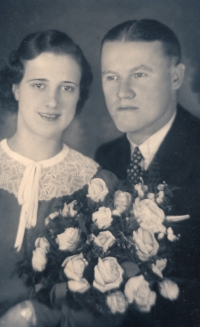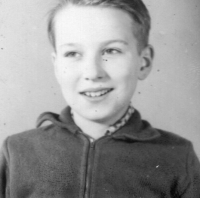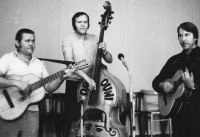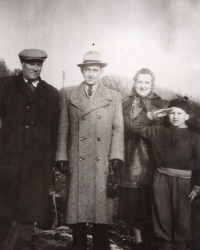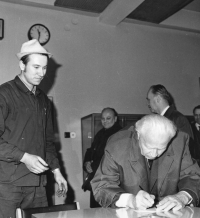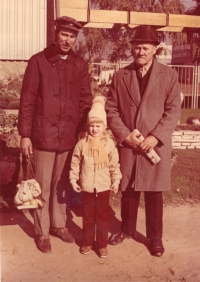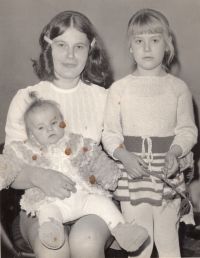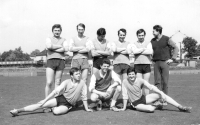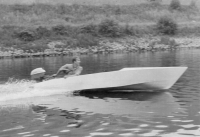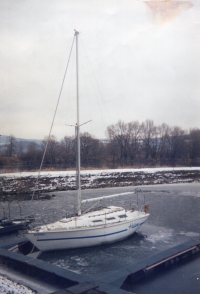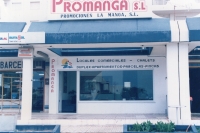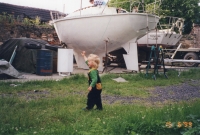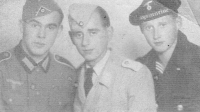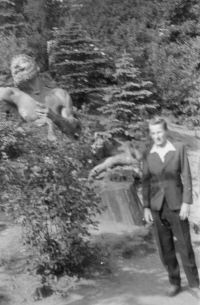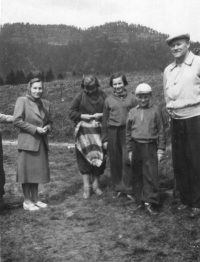I served the people of this country and am not ashamed of that!
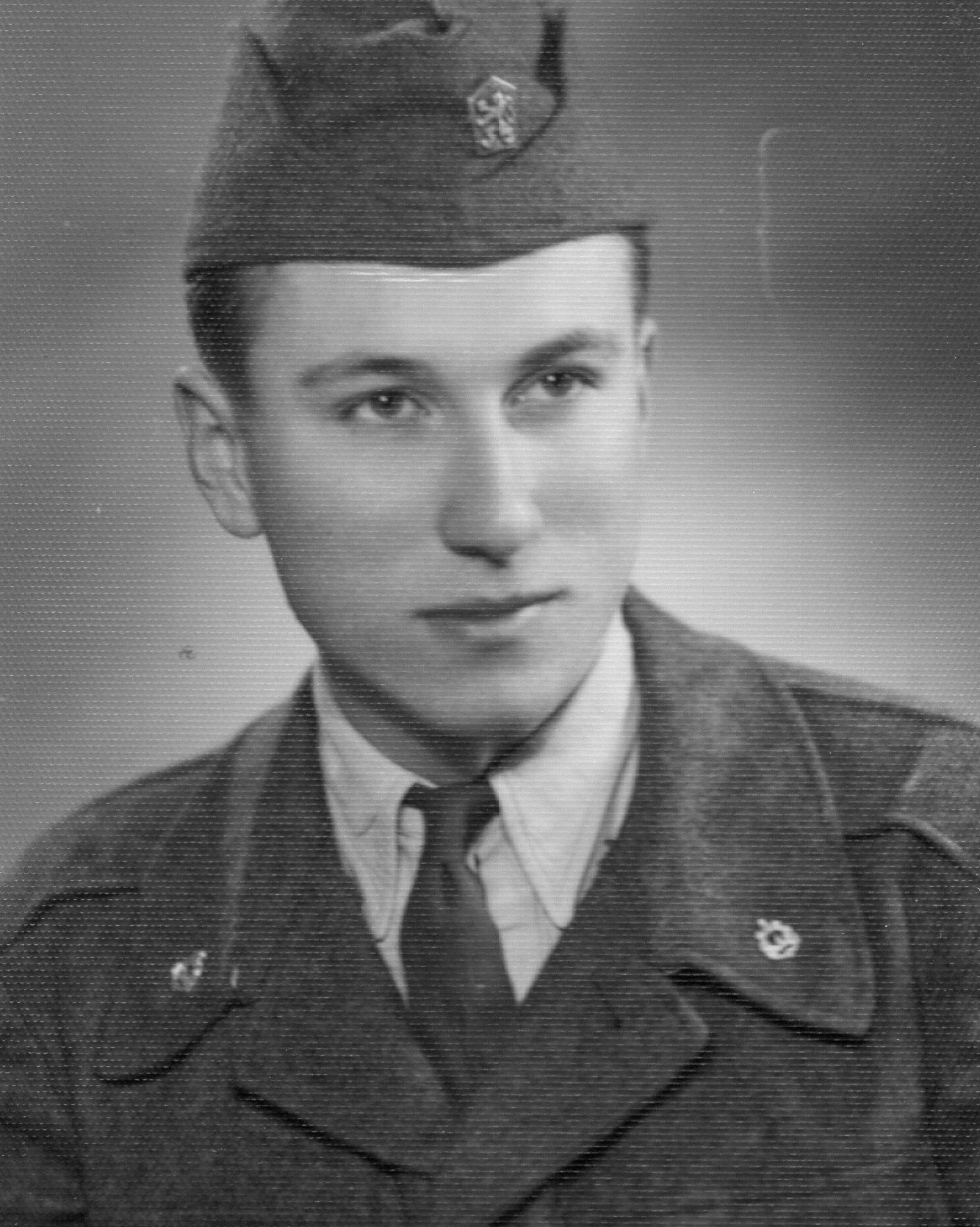
Download image
Josef Třešňák loved water all his life. He was born in Ústí nad Labem on 29 November 1945 and spent his entire childhood close to the River Elbe, whether in Neštěmice or in Povrly, where his family came from. The first words he spoke were German – that is how he addressed his grandmother who raised him in his early years. She did because his mother fell sick with tuberculosis shortly after his birth. He secretly visited his mother in the sanatorium in Ústí-Ryjice from age five. The witness had an elder sister and their father worked at a sugar mill. Following his primary school, the witness got training in electronics, although he initially wanted to study at a military school in Martin. Following his military service, he joined Spolchemie in Ústí as a technician. He was diligent all his life and his sailing hobby got him where others could not get. In 1983, he signed on as a collaborator with the State Security, first as a confident and, four years later, as an agent with the cover name Tyrš. After that, he would often sail on observatory missions around the entire European continent via Hamburg. Not ashamed of his past, he perceives his stint with the StB as service for the people of Czechoslovakia. Following 1989, he was made to exit all his positions and even dismissed from work. He took out a loan and started a business with drink vending machines. He did water skiing and became a member of the yacht club in Ústí nad Labem. He took interest in the history and destinies of the deported Sudeten Germans. He operated several ferries on the Elbe. The witness was living in Ústí nad Labem in 2022. We were able to record his story thanks to the support from the city of Ústí nad Labem.
